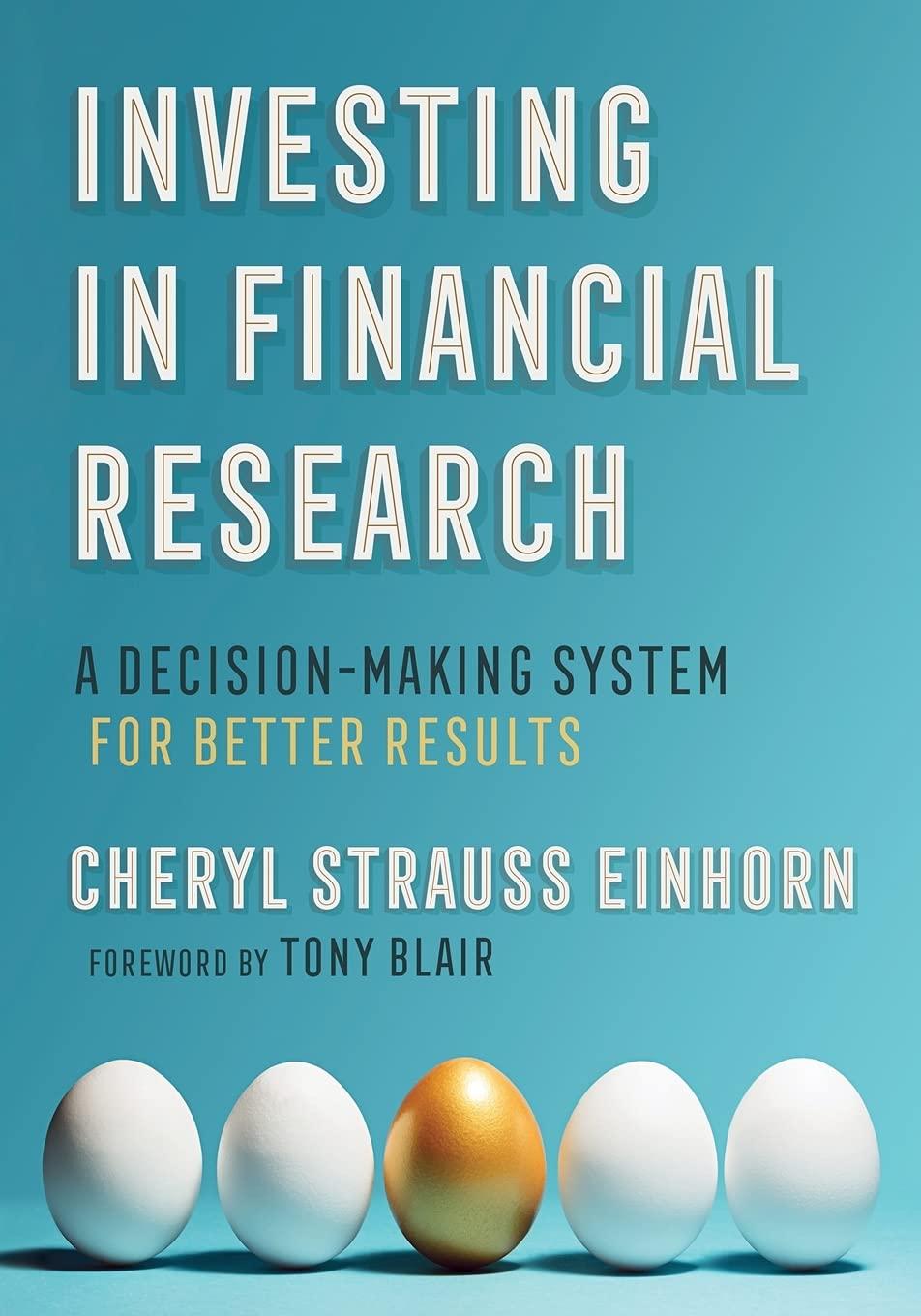Question
A host of empirical evidence indicates that the gains from a typical merger accrue to the shareholders of the target corporation, not to the shareholders
A host of empirical evidence indicates that the gains from a typical merger accrue to the shareholders of the target corporation, not to the shareholders of the acquiring corporation. It seems the acquiring corporation should be in the ?driver?s seat? in a typical merger. Why don?t their shareholders benefit? What do you think typically goes wrong to cause this result? The order of priority of claims in liquidation is firmly established in legal precedent. As depicted in Table 18.9 of the textbook, common shareholders are last in priority. Yet, in bankruptcy negotiations, creditors (who have a relatively high priority) often give up their debt in exchange for shares of common stock, whose claim on liquidation proceeds are last on the list. Why might they do this? Do you believe it is a good idea? Explain.
Step by Step Solution
There are 3 Steps involved in it
Step: 1

Get Instant Access to Expert-Tailored Solutions
See step-by-step solutions with expert insights and AI powered tools for academic success
Step: 2

Step: 3

Ace Your Homework with AI
Get the answers you need in no time with our AI-driven, step-by-step assistance
Get Started


